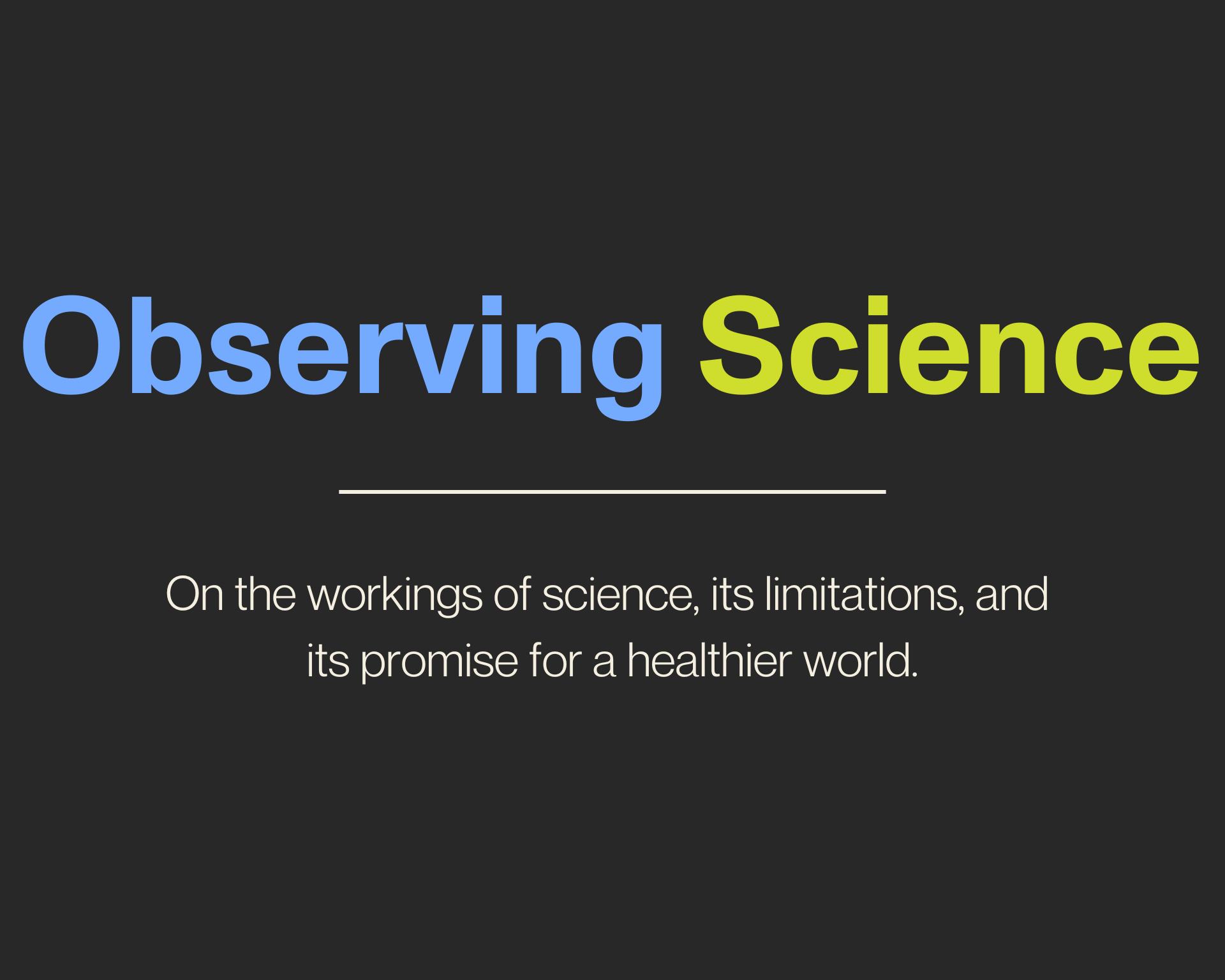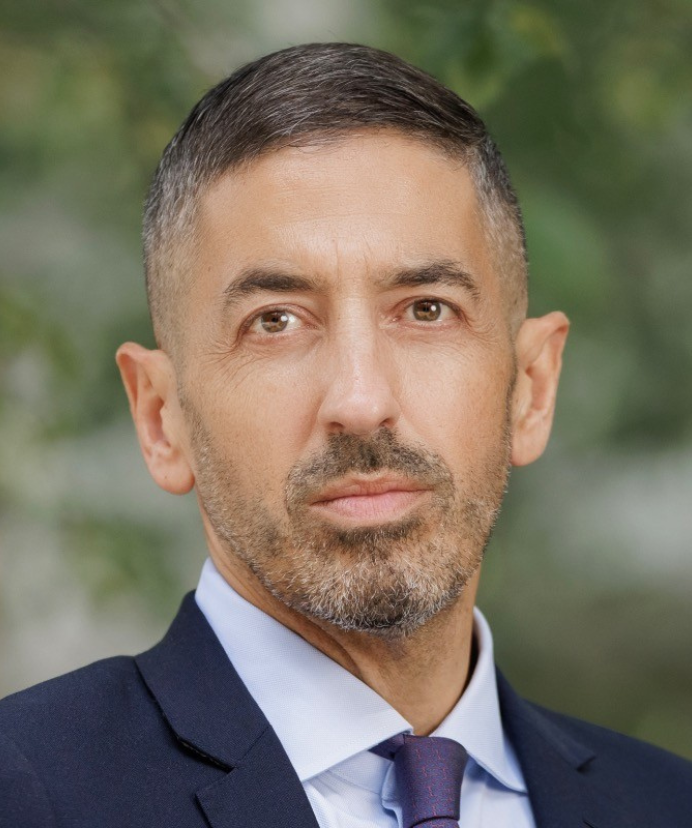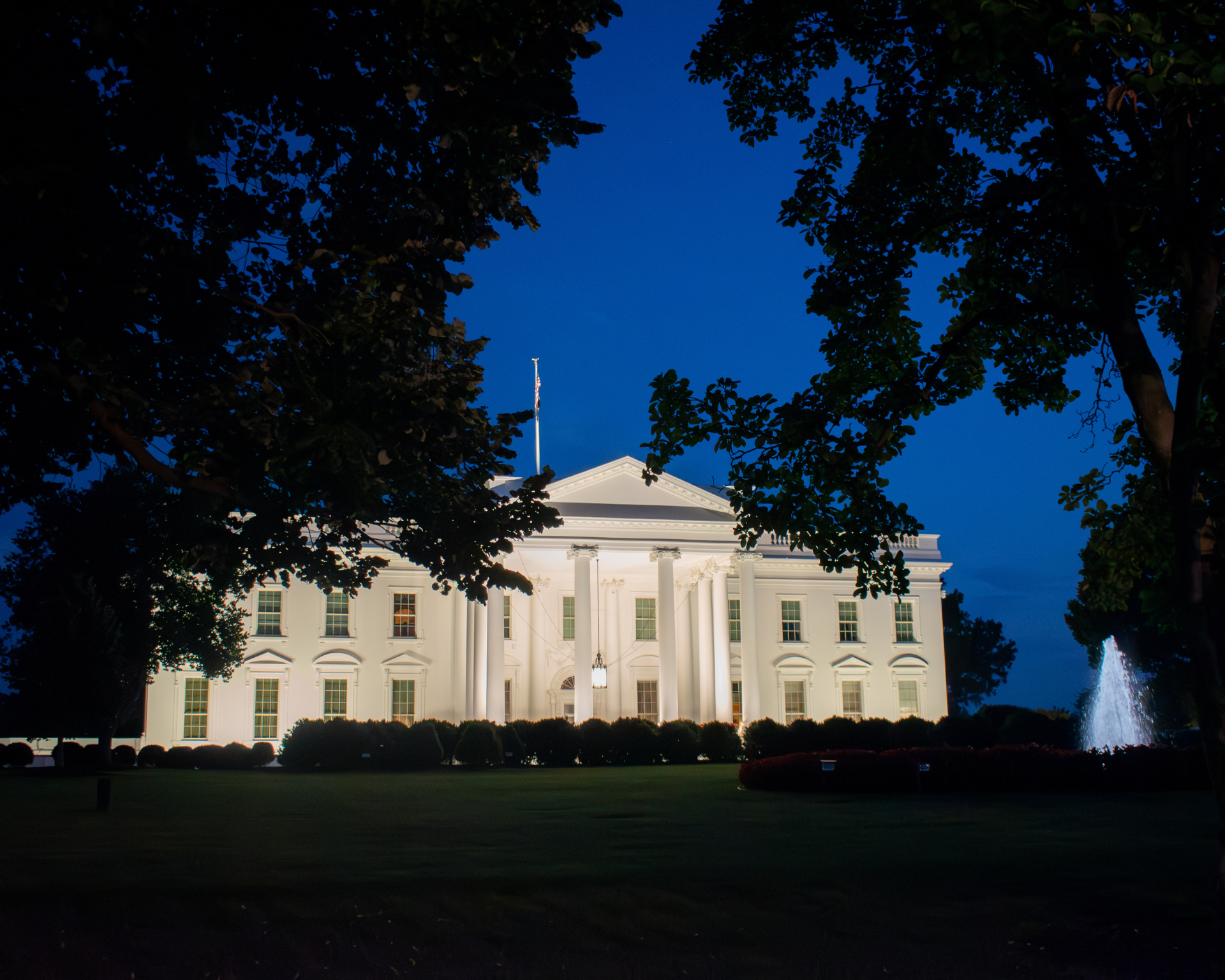Facts?
On the complexity and uncertainty of scientific facts and our need to embrace humility and likelihoods over absolute truths.

Read Time: 4 minutes
Published:
Science is in the business of drawing generalizations to better understand nature. In science, there is little we pride ourselves on more than the fact that we are all about the facts, that we are able to strip away confounding conditions so that we can reveal greater truths about the world. This reliance on empiricism has stood science well and has been a canonical element of the workings of science for more than a thousand years. Islamic scholars who were some of the earliest scientists—about five hundred years before the Renaissance— did work predicated on a scientific method that urged experimentation, proving hypotheses through observation and data, correction of error, and the documentation of fact.
Jumping ahead to recent years, the idea that we base our work on facts has been particularly important in scientific questions that have become entangled in contentious policy and public debates. Notable here has been the issue of the human influence on climate change, where science has pushed back on voices that have doubted the realities of change, and argued strongly for a scientific consensus that climate change is both a fact and in part driven by human activity. The facts here serve us well, allowing science to stand above the fray.
And this is where sometimes matters become challenging. Because experience and careful reflection suggest that what we may call a “fact” may be far less certain than an individual scientist thinks it is. In other words, it is not so clear that a fact is a fact, or that facts as we understand them at a point in time are incontestable. A simple notion of science is of the falling-ball-in-a-vacuum type of observation: gravity is immutable, yet circumstances where facts are clear-cut and irrefutably true are rare in the real world.
It is important for science to recognize that our facts are sometimes not as incontestable as we think they are.
There are several reasons for this. First, science is hard, and it is quite challenging, in most circumstances, to identify fact in a way that is conclusively correct in all circumstances. Even experiments in the natural sciences, which can be set up within manipulable circumstances to be exactly the same every time, can vary based on forces (e.g., the earth’s rotation) that are difficult for scientists to control. Second, scientists are human, and we bring biases to our work that can influence what we do. This is perhaps truer of the social sciences where our questions are shaped by a range of biases and where it is much harder to fully control for other variables than it is in the natural sciences. Third, and luckily much less frequent, scientists have intentionally manipulated results and called them “facts” although they are not a reflection of the natural world. Fortunately, such instances of scientific fraud are rare, and we contend that they are less important than errors due to difficult science and biases, often unconscious, that influence the questions we ask and how we approach them.
It is important for science to recognize that our facts are sometimes not as incontestable as we think they are. This leaves us in the position of admitting that all our statements are approximate, with different degrees of certainty. When we make a statement, the question is not whether it is true or false, but rather how likely it is to be true or false. Such a transformation away from our binary thinking—our search for certainty—into likelihoods is complicated. Most answers include some doubt. You think you know, but your action is based on incomplete knowledge. Maybe it’s better to think of facts as “hypothetical and conditional reasonings, better fitted to clarify the nature of things,” as Rousseau put it, rather than truths. The attitude that all is uncertain—except for those few true things—should push us to humility when it comes to presenting our facts, and to thinking about how they may influence actions informed by these same facts.
A simple appreciation that facts are not so straightforward pushes us, in our assessment, toward addressing uncertainty in science and how we communicate it. We see this as a central element of ensuring that public confidence in science remains high, paving the way for ever better science that does not mistake a received set of “facts” as truth.
Previously in Observing Science: Creating the Next Generation of Scientists
The views expressed here are the authors’ own and do not necessarily represent the views of Public Health Post or Boston University School of Public Health.




